Lebih dari sekadar kecantikan: Wajah baru personal care di Indonesia
Jan 29, 2025
Industri personal care di Indonesia sedang mengalami transformasi. Konsumen kini semakin sadar dan
Failing forward: The art of pivoting through failure
The art of pivoting through failure. Innovation often emerges from the most unexpected places. Take, for instance, the story of Post-it Notes, which sprang from an accidental adhesive formula. This illustrates the paradoxical nature of innovation where failures can lead to groundbreaking discoveries. But when does a misstep become an opportunity for innovation?
Innovation failure, in itself, isn’t the end of the road; it’s a pivotal moment. It’s when a company encounters obstacles, faces challenges, and sometimes stumbles. Pivoting is about adapting, transforming, and embracing fresh strategies, all learned from the valuable lessons of these failures. It’s not just any failure; it’s the kind that provides valuable insights and drives progress – “intelligent failures.”
Thomas Edison’s 1,093 patents serve as compelling evidence for the value of pivoting through failure. He didn’t stumble upon the light bulb; he discovered a thousand ways it didn’t work. Similarly, James Dyson’s 5,000 prototypes underscore the importance of relentless iteration, showcasing that innovation often involves a process of refinement, no matter how minute.
Design thinking thrives on intelligent failure. It’s a structured approach to problem-solving that encourages testing, iteration, and, yes, even failure. It begins with deep empathy for people, a deep understanding of their needs, and the courage to explore unconventional solutions. In this process, failures aren’t dead-ends; they’re steppingstones to the next “A-ha” moment.
The culture of embracing intelligent failures and adaptability lays the foundation for companies to explore pivoting strategies when they encounter new and pressing problems or opportunities. Many global brands and tech platforms served a completely different purpose at their inception, before evolving into what we know today.
Every now and then, a single feature can become the heart and soul of a product. Today, Instagram stands as a selfie-filled, content creator-run social media powerhouse, owned by Facebook and valued at an estimated $100 billion, with over 1 billion users. However, before Instagram evolved into the media-sharing platform we know today, it began as Burbn, a complex check-in app. Realising that it was too complex and too similar to Foursquare, the founders eventually refocused their app on photo-sharing, a key feature that proved to be a hit among the app users.
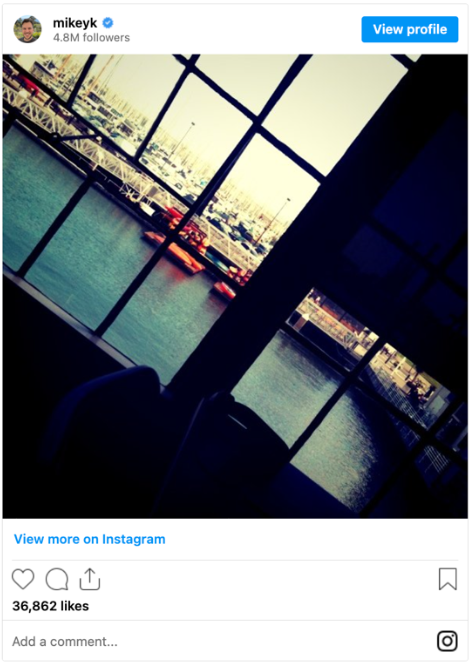
Image: The first ever ‘Gram, a photo of South Beach Harbor at Pier 38, posted by Mike Krieger (@mikeyk) at 5:26 p.m. on July 16, 2010.
In a similar pivot journey, Slack originally emerged to serve game developers’ needs while working on the online game ‘Glitch’ in 2011. Stewart Butterfield and the Tiny Speck team realised the lack of suitable team collaboration tools and created their internal communication platform to facilitate interactions between US and Canadian offices. Although ‘Glitch’ had an initial 2011 launch but was later returned to beta, by 2012, Butterfield deemed it unviable. However, their internal communication platform revealed its true potential. This shift led to the official 2014 launch of Slack, rapidly achieving unicorn status the same year. In a significant development, business software giant Salesforce acquired Slack for £27.7 billion in 2020.
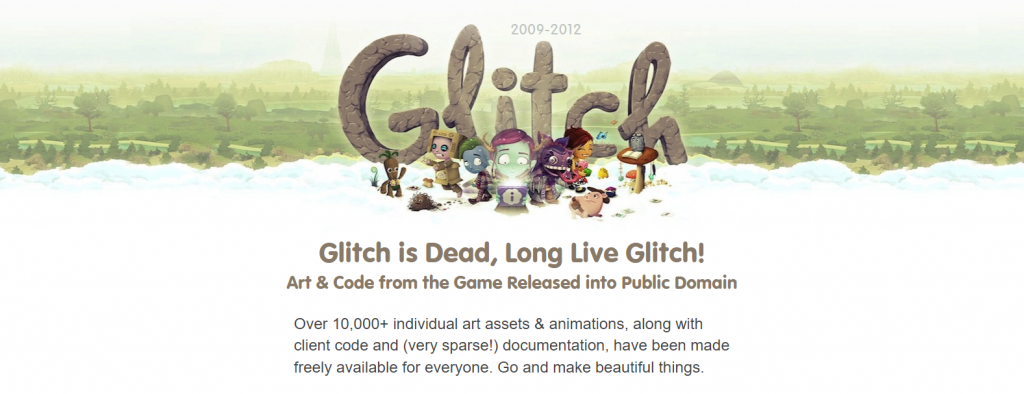
Image: Glitch The Game
YouTube’s transformation from a failed dating site to one of the world’s most popular video-sharing platforms is yet another compelling example of strategic pivoting. Conceived in early 2005 by Steve Chen, Chad Hurley, and Jawed Karim, YouTube initially operated as a video-dating platform, inspired by the website Hot or Not. Their endeavour to entice users to upload dating videos via Craigslist faced significant challenges. The difficulty in sourcing enough dating content prompted a shift in their strategy, leading the founders to accept uploads of any video. This decision marked a turning point. In 2006, Google recognised YouTube’s potential and acquired it for £1.65 billion. Today, YouTube is the second most visited website in the world, after Google Search, with more than 2.5 billion monthly users who collectively watch over one billion hours of videos daily. The platform’s influence over pop culture, politics, trends, and its role in launching numerous celebrities? Unprecedented. That is the art of pivoting through failure!
Image: “Me at the zoo“, the first ever video uploaded to YouTube, on April 23, 2005, 8:31:52 p.m.
Knowing when to pivot is just as critical as understanding the pivot process. Drawing insights from the discussed examples, there are several indicators that may suggest it’s time to consider a change:
Pivoting is not easy and can be painful; it requires us to let go of our investments in terms of resources, time, and effort. It can be difficult on an organisational scale, but it can also be difficult for individuals. It will take a mindset reframe to see failure as a noble teacher and not a judgment of character. Pivoting isn’t about avoiding failure at all costs, which is an unrealistic goal. It’s about learning from failure and using it constructively and positively. And in the workplace, more than anywhere, we can take our failures — the project that didn’t work, the pilot that flopped — and we can move into the next phase and build it into something better.


Lebih dari sekadar kecantikan: Wajah baru personal care di Indonesia
Jan 29, 2025
Industri personal care di Indonesia sedang mengalami transformasi. Konsumen kini semakin sadar dan

Kebangkitan film Indonesia: peluang dan tantangan
Dec 24, 2024
Musim liburan telah tiba, dan bagi banyak orang Indonesia, menonton film adalah pilihan utama

Tren Konsumen Indonesia 2024
Dec 23, 2024
Sebagai ekonomi terbesar di Asia Tenggara, Indonesia berada dalam transformasi luar biasa pada

Lisa Nguyen - VN Marketing Lead

Sam Houston - Chief Executive Officer
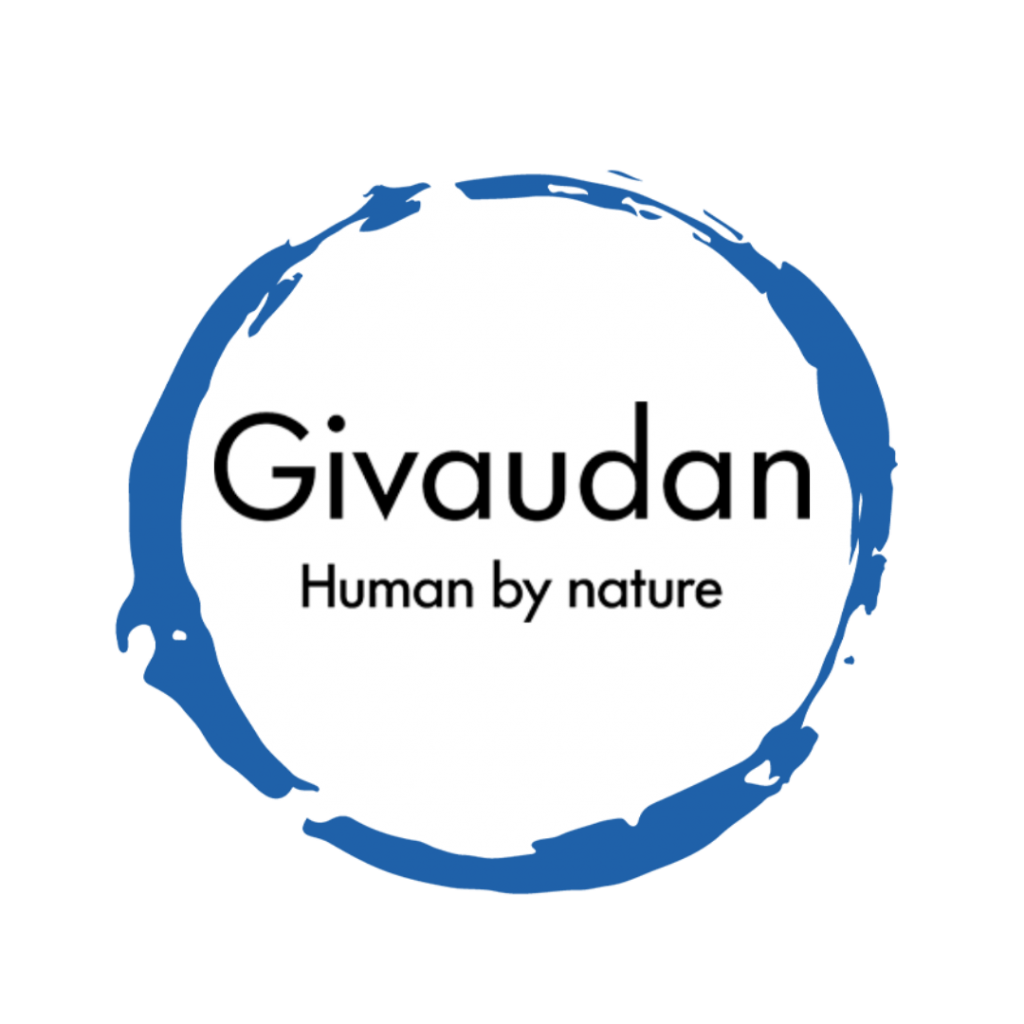
Minh Thu - Consumer Market Insights Manager

Travis Mitchell - Executive Director

Malcolm Farmer - Managing Director

Hy Vu - Head of Research Department

Steve Kretschmer - Executive Director

Joe Nelson - New Zealand Consulate General
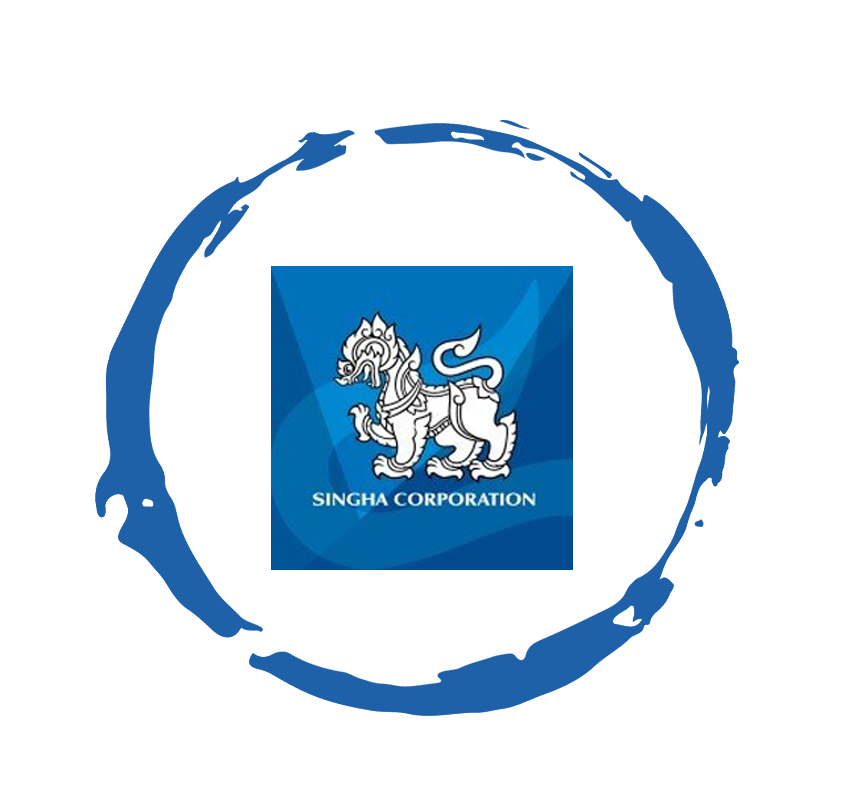
York Spencer - Global Marketing Director

Laura Baines - Programmes Snr Manager

Mai Trang - Brand Manager of Romano

Hanh Dang - Product Marketing Manager

Luan Nguyen - Market Research Team Leader
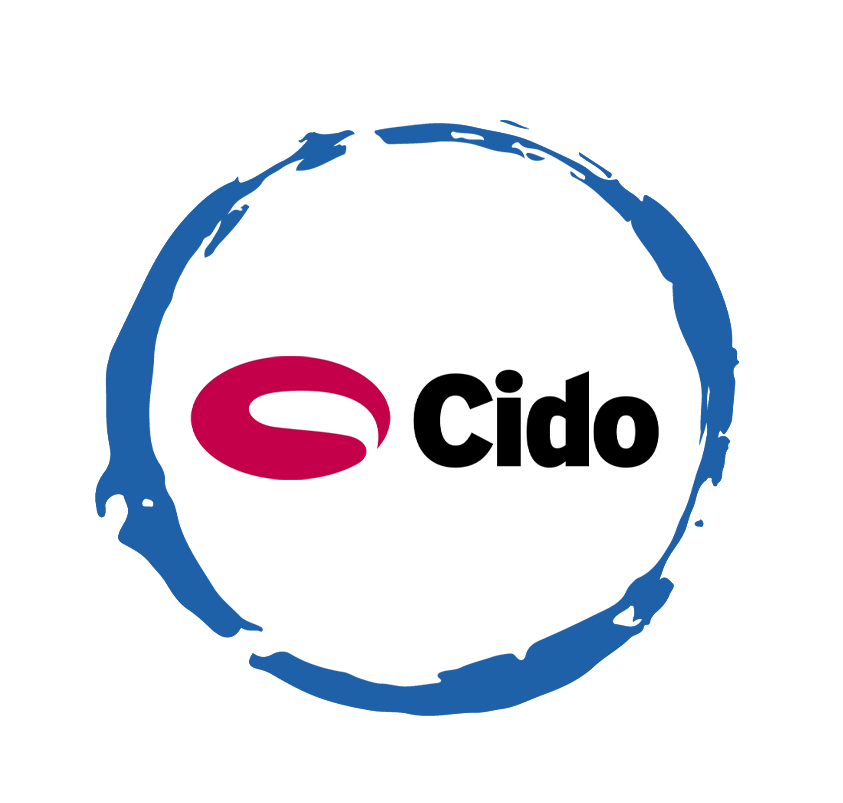
Max Lee - Project Manager

Chris Elkin - Founder

Ronald Reagan - Deputy Group Head After Sales & CS Operation

Ha Dinh - Project Lead

Matt Thwaites - Commercial Director

Joyce - Pricing Manager

Dr. Jean-Marcel Guillon - Chief Executive Officer

Anya Nipper - Project Coordination Director

Janine Katzberg - Projects Director

Rick Reid - Creative Director

Private English Language Schools - Chief Executive Officer

Chad Ovel - Partner

Thanyachat Auttanukune - Board of Management

Thuy Le - Consumer Insight Manager

Kelly Vo - Founder & Host
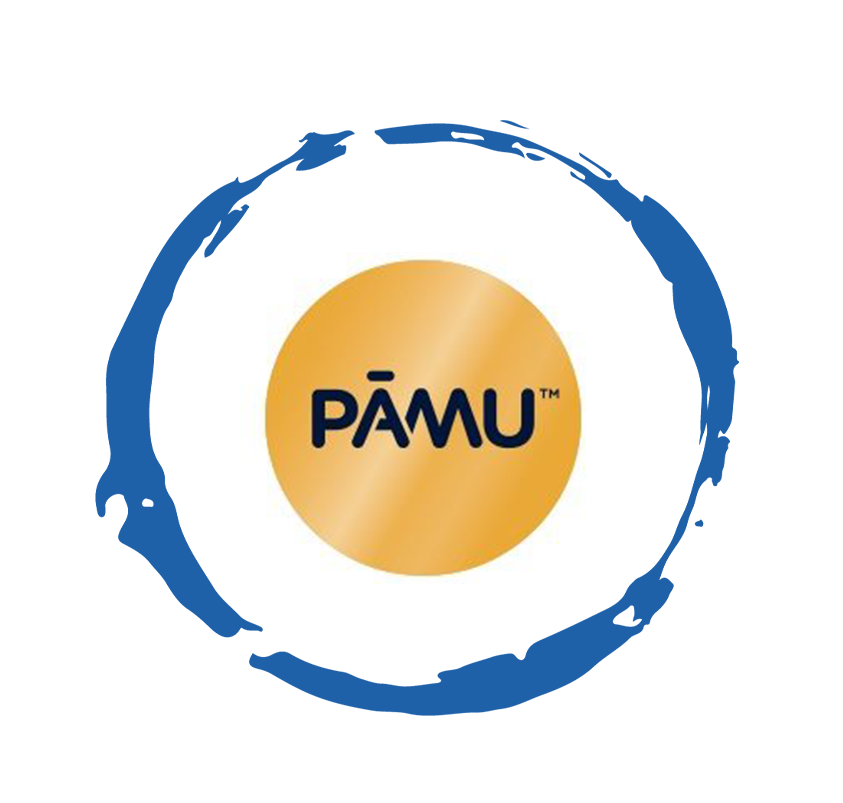
Hamish Glendinning - Business Lead

Aashish Kapoor - Head of Marketing

Richard Willis - Director

Thu Phung - CTI Manager

Tania Desela - Senior Product Manager

Dennis Kurnia - Head of Consumer Insights

Aimee Shear - Senior Research Executive

Louise Knox - Consumer Technical Insights

Geert Heestermans - Marketing Director

Linda Yeoh - CMI Manager

Tim market research Cimigo di Indonesia dengan senang hati membantu Anda membuat keputusan yang lebih tepat.

Cimigo menyediakan solusi riset pasar di Indonesia yang akan membantu Anda membuat pilihan yang lebih baik.

Cimigo menyediakan tren pemasaran konsumen Indonesia dan riset pasar pada sektor pasar dan segmen pelanggan di Indonesia.

Cimigo menyediakan laporan riset pasar pada sektor pasar dan segmen pelanggan di Indonesia.
Please enter the information for free download.
The report will be sent to your email.
When downloading our reports, you agree to be contacted for marketing purposes.
Please enter the information for free download.
The report will be sent to your email.
When downloading our reports, you agree to be contacted for marketing purposes.
Vui lòng điền thông tin vào biểu mẫu bên dưới để tải về báo cáo miễn phí.
Báo cáo sẽ được gửi vào email bạn điền ở bên dưới.
Khi tải xuống các báo cáo của chúng tôi, bạn đồng ý được liên hệ cho mục đích tiếp thị.
Xin cảm ơn. Một email kèm với đường dẫn tải báo cáo đã được gửi đến bạn.
